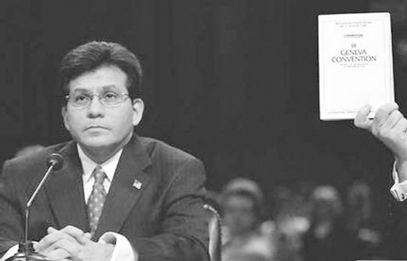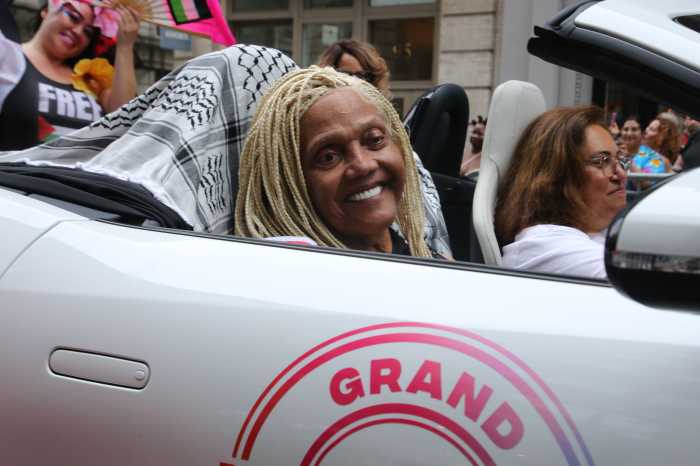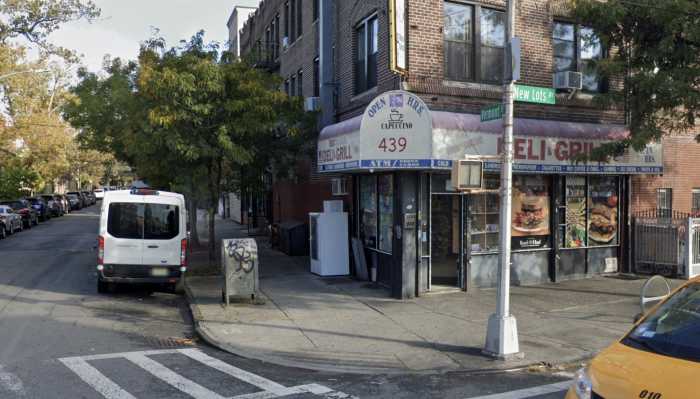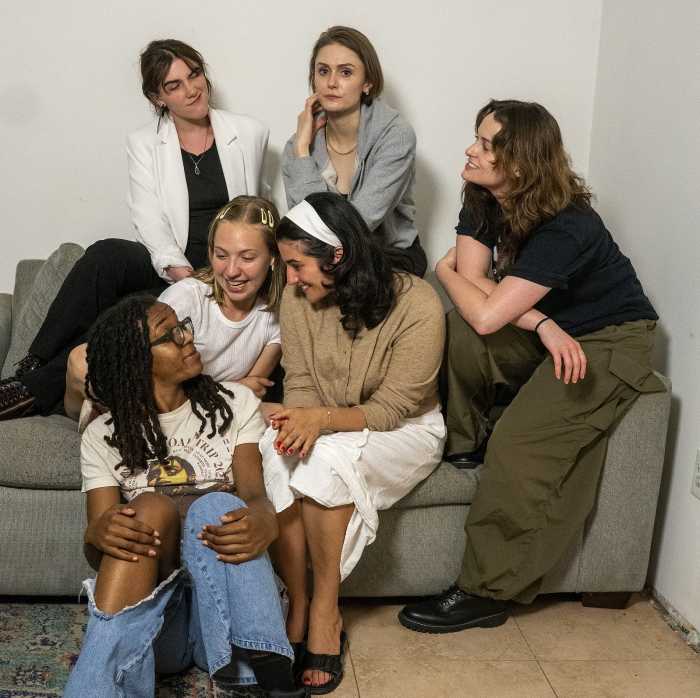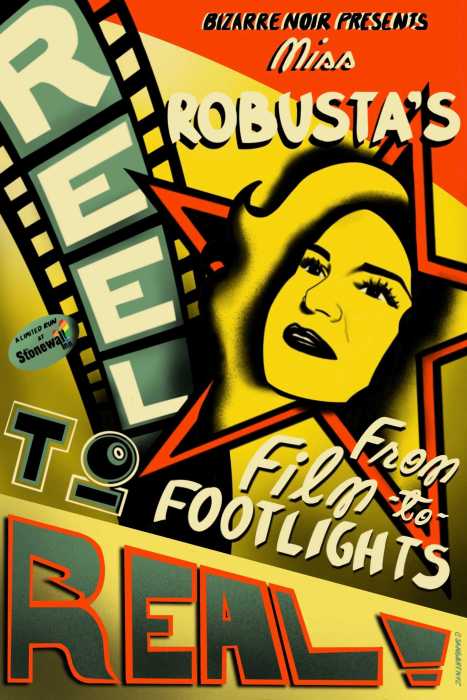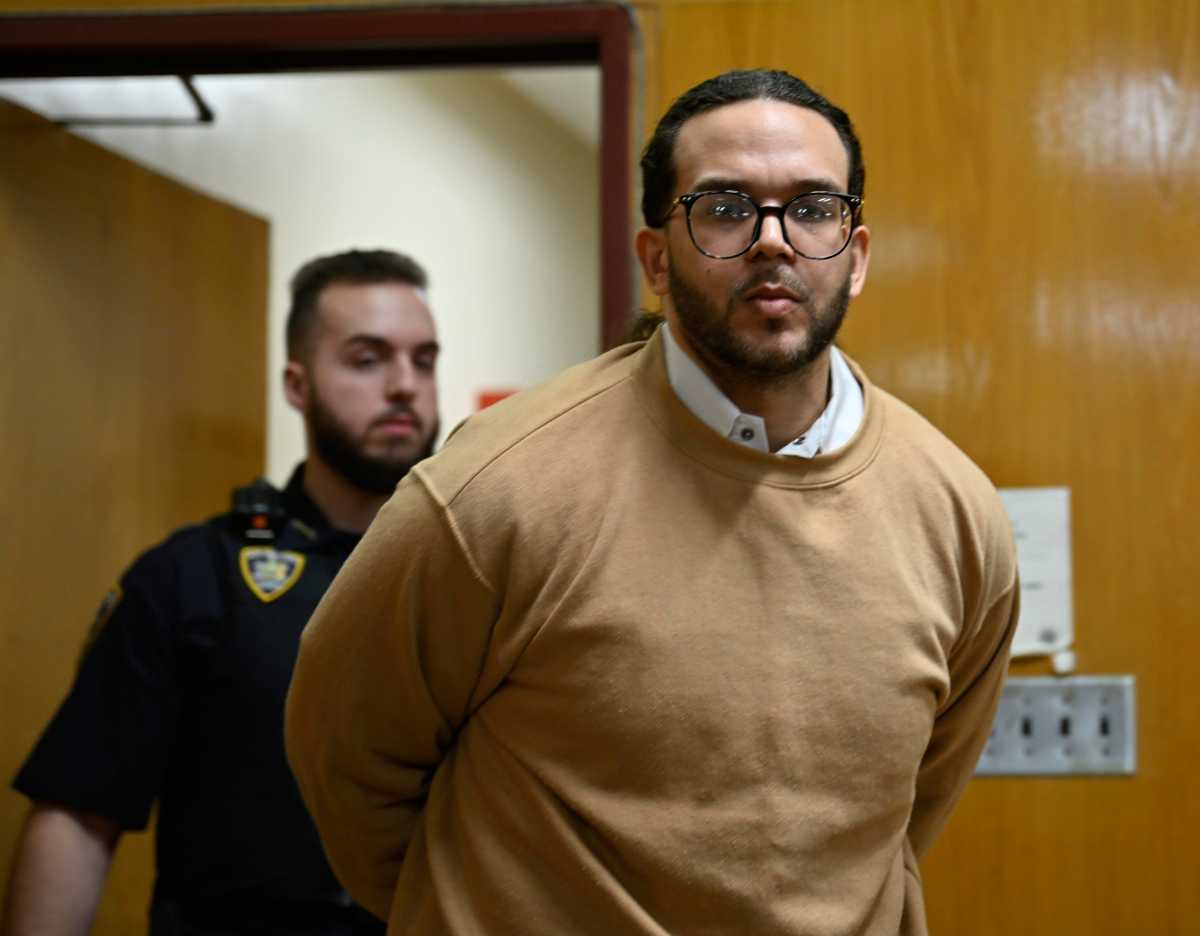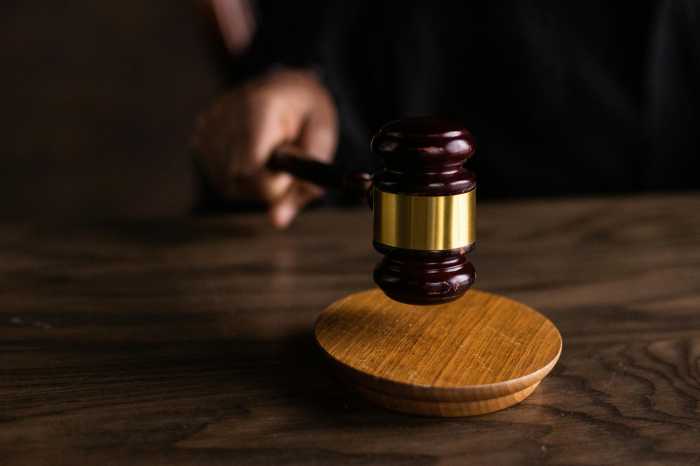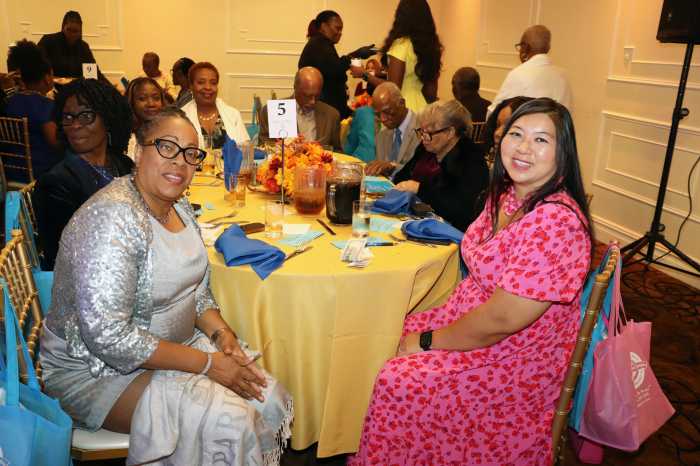Federal appellate courts overrule denials by U.S. immigration officials
Two Mexican immigrants won a reprieve in federal court from findings by immigration officials that they do not qualify for asylum based on their fear of anti-gay persecution, but their victories will not be vindicated unless Attorney General Alberto Gonzales finds that the two should now receive political asylum.
On August 10 and 12, two different three-judge panels of the Ninth Circuit U.S. Court of Appeals, based in San Francisco, issued decisions finding that Immigration Judges and the Board of Immigration Appeals had clearly erred by rejecting petitions for political asylum by men from Mexico.
Both cases involved claims of reasonable fear of homophobic persecution if the individual were forced to return to Mexico, but the cases differed in significant ways. One man is living with HIV; the other denies being gay despite his fear of prosecution.
The August 10 decision involved Miguel Pozos, who had credibly claimed that he was singled out for persecution by a high-ranking police official who perceived him as gay. He testified he had been raped, repeatedly beaten, and forced to work as a prostitute at least in part due to the official’s perception that he is gay. Pozos denies being gay, and testified that his experiences had made him sex-averse altogether.
The August 12 decision involved José Patricio Boer-Sedano, who had also credibly testified to being singled out for persecution by a high-ranking police official. The key difference from Pozos’ case was that Boer-Sedano has self-identified as gay since childhood, even though he periodically denied it to avoid arrest or persecution in Mexico.
Boer-Sedano testified that he was arrested by a police officer and told it was because he was gay—even thought homosexuality is not a crime in Mexico—and forced repeatedly to perform oral sex on the official who simultaneously slapped him around. Allegedly, that official on one occasion held a gun to Boer-Sedano’s head and threatened to kill him and at other times said he would out him to his employer. Shunned by his family and co-workers, Boer-Sedano moved to another city and found a job in an underground gay club, but faced further harassment when police raided the establishment.
The Department of State’s reports on global human rights amply document that gay people in Mexico face continued police as well as unofficial persecution, but in both of these cases the Immigration Judges claimed that the petitioners faced no “official persecution” that would qualify them for asylum. Those rulings were upheld by the Board of Immigration Appeals, before the federal courts took up the matters and found that these rulings were contrary to law.
Writing for the court in the Boer-Sedano case, Circuit Judge Dorothy W. Nelson wrote that “persecutory acts by a single governmental or quasi-governmental official are sufficient to establish state action,” a condition that asylum applicants must show. Both appellate panels rejected arguments by the Immigration Judges that the men could avoid future persecution by settling in different areas of Mexico. In Pozos case, the Immigration Judge had also suggested that he could avoid problems by not acting in a manner that suggested he were gay. The appellate court majority found that even if he avoided gay establishments or refrained from affectionate displays with other men, Pozos, based on his accounts of his treatment, faced dangers.
In Boer-Sedano’s case, the court was influenced by testimony from his doctor that he had shown resistance to many HIV treatments and was on an experimental regimen not available in Mexico and by evidence that he would face job discrimination there based on his health status. The court found that denial of asylum posed a serious risk to his health.
But the victories by Pozos and Boer-Sedano merely establish errors by U.S. immigration officials. The ultimate arbiter of their fates is Attorney General Alberto R. Gonzales, who now has the discretion to make a decision based on the appellate rulings. Had the court not found in their favor, the case would never have gone to the attorney general and the findings by the Board of Immigration Appeals would have been determinative.
gaycitynews.com

